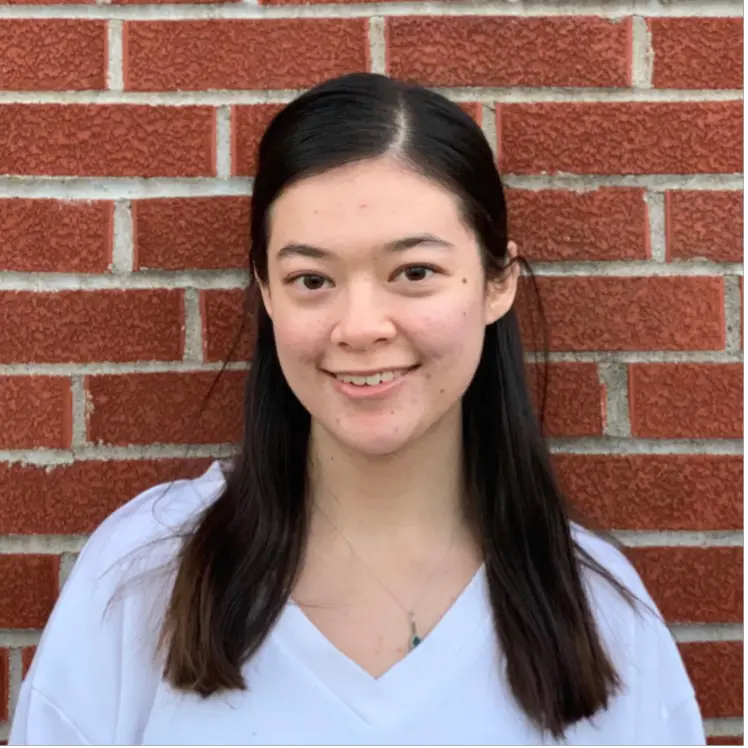“Kung Fu,” a new show on The CW, is a reboot of an ABC drama of the same name that aired from 1972 to 1975. The original show was about a Shaolin monk named Kwai Chang Caine, who was portrayed as half American and half Chinese, but was played by white actor David Carradine. This new version of the show features a cast of Asian Americans and an Asian American female as the lead. Created by Christina M. Kim, a television writer and producer for shows such as “Lost” and “Blindspot,” “Kung Fu” is a drastic and welcome departure from the original whitewashed series.
The show’s pilot begins with Nicky Shen (Olivia Liang), a young Chinese American woman, who, while taking a solo tour through China, finds out that the entire trip was a ruse orchestrated by her mother to find Nicky a husband. Indignant, she runs away to a Shaolin monastery and stays there for three years, where she is trained as a female warrior. She ends up returning to the U.S. after her beloved mentor (Vanessa Kai) is killed by a mysterious female assassin, who steals a sacred sword from the monastery.
Reconnecting with her family in San Francisco, she finds her sister, Althea, played by Shannon Dang, about to be married, and her mother, played by Kheng Hua Tan, still resentful of Nicky for leaving. Her brother, Ryan (Jon Prasida), bears a grudge against her as well, but she is able to establish peace with him via a sincere apology. Nicky also reconciles with her ex-boyfriend (Gavin Stenhouse), and finds out that he has moved on with a new girlfriend, Sabine.
Walking through the community center where Ryan works as a med student, she meets Henry (Eddie Liu), who teaches tai chi and is studying ancient Chinese art history. He is an obvious potential love interest and is signaled as such immediately — if not by their obvious attraction to each other, then by the old woman who tells them, “You’re a nice-looking couple,” a few seconds after they meet.
Soon after all these characters are introduced, the main scheme of the show forms. Viewers, along with Nicky, find out about the serious issues her family is facing. Her parents are dealing with debt problems from a local triad, and her father is attacked outside of their restaurant business. This incites Nicky to fight back against these forces in defense of her family and community. It helps that she has been training as a warrior for three years, that her love interest Henry is also a good fighter and that her ex-boyfriend works in the office of the D.A.
On the technical side of things, the pilot episode is incredibly rushed. In the beginning sequence, viewers find out about Nicky’s flight to the monastery, her training, her mentor’s death and the stealing of the sacred sword, which all takes place before the opening credits. Such events could have warranted their own episode; however, it makes sense why were condensed, as they are not the focus of the show. Still, such heavy exposition feels a bit clunky.
Moving forward, in rapid succession, viewers are introduced to the main characters, their relevant characteristics and their emotions in relation to Nicky. There is little subtlety in emotion or dialogue — at the expense of containing deeply authentic characters. But realism is probably not a high priority for the plot of the show. The main conflicts and tensions are directly portrayed, and the directions the show takes are easy to predict, despite a crowded narrative.
Moving past these deficiencies, the show’s characters are likable and well played by the actors. Liang as the main character, Nicky, is believable, making her call to heroism all the more compelling. The fighting sequences, though cheesy at times, are not without excitement or charisma. They also seem to be used with purpose rather than included as a cheap way to guarantee the audience’s attention. Centered around Nicky’s relationship with her family and the dynamics that play out between them, the obvious community presented between the characters is easy to enjoy and acted out with a refreshing amount of charm.
Nicky’s call to stay with and protect her family after a long absence is one of the biggest differences between this show and the original. In the original “Kung Fu,” the monk Kwai Chang Cain does not stay for long in any one place, but travels throughout the American West, using his martial arts skills and spiritual training in a series of adventures. In Kim’s version, the heroine, Nicky, is anchored to her family and hometown, fighting for what she feels is right in defense of the people she loves.
Among the many differences between the original show and the newer iteration, this is the one I find the most attractive. The themes of family, loyalty and love, rather than the migratory transience of the original, feel particularly important as well as comforting. They are also what gives the show the majority of its heart.
With the recent and alarming surge of hate crimes against Asian Americans and Pacific Islanders, the concept of “Kung Fu” — a strong Asian American lead fighting against evil and defending her family — is nothing short of timely. The characters’ obvious devotion to each other despite their outward conflicts is engaging, and their desire to protect one another from evil forces feels urgent. The show’s presentation of the family’s struggles — despite mystical and improbable elements — contains a sense of truth, which is undoubtedly beneficial as the struggles of Asians in America have been and continue to be overlooked by the media.
With such a troubled history of Asian American representation in film and TV, Kim’s iteration of “Kung Fu” is an affirmative and thoughtful step in the right direction. Accordingly, in a video the cast made addressing the recent outburst of Asian hate, actor Tony Chung stated, “‘Kung Fu’ will be a positive force in the process of rectifying this situation.”

















